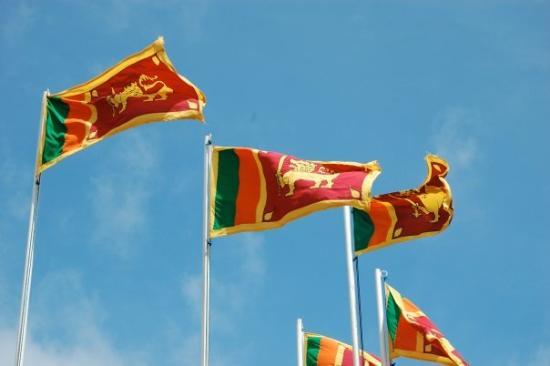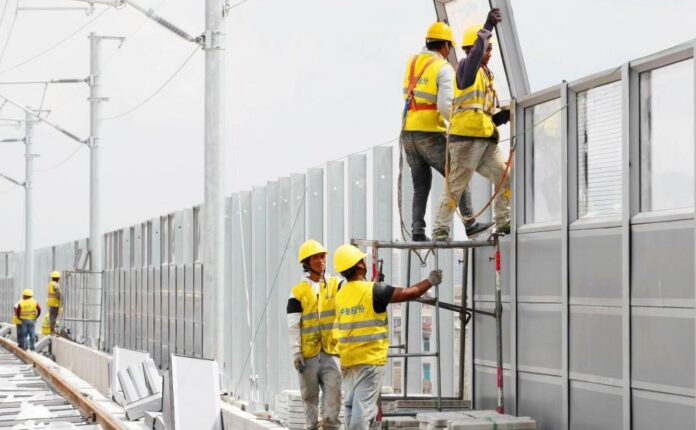COLOMBO: Sri Lankan lawmakers on Wednesday approved a bill to regulate online content, the parliament speaker announced, a bill that opposition politicians and activists say will stifle free speech.
The Online Safety Act proposes jail terms for content deemed illegal by the five-member commission and makes social media platforms such as Alphabet’s Google, Meta’s Facebook and X, formerly known as Twitter, responsible for such content on their platforms.
President Ranil Wickremesinghe’s government says the bill is aimed at combating cybercrime including child abuse, data theft and online fraud.
“Sri Lanka had 8,000 cybercrime complaints last year. We all agree that we need laws to deal with these problems. That’s why we’re bringing this bill,” Public Security Minister Tiran Alles said Tuesday while introducing the bill in the House.
“This is not about suppressing the media or the opposition…Any complaint will be taken up by a commission appointed by the president and it will decide how to act.”
The bill was passed by a majority of 46 votes in the 225-member House, the speaker announced. 108 votes were in favor, 62 members voted against.
The Asian Internet Coalition (AIC), whose members include Apple, Amazon, Google and Yahoo, warned Sri Lanka that the bill could affect investment in the country’s IT industry and called for sweeping changes.
“We clearly stand by our position that the Online Safety Act in its current form is unworkable and would undermine potential growth and foreign direct investment in Sri Lanka’s digital economy,” the AIC said in a statement.
Last year, the UN Office for Human Rights (OHCHR) said the law “has the potential to criminalize almost all forms of legitimate expression”, while New York-based Human Rights Watch (HRW) said it would “seriously threaten” the right to freedom of expression. in the country.
“Sri Lanka has been working with the AIC and consulting with stakeholders since November. We are open to considering new changes and delivering them later as amendments to the legislation,” Alles said before the debate on the bill ended on Wednesday and a vote was called.
A small group of activists and opposition members protested the legislation outside parliament.
Harsha de Silva, a lawmaker from Sri Lanka’s main opposition party Samagi Jana Balawegaya, told parliament that it was wrong to hold social media platforms accountable.
“This legislation is a threat to our democracy,” he said. “This will have a serious negative impact on the expansion of e-commerce in Sri Lanka to provide jobs for our youth and help our economy which is in desperate need of growth.”







